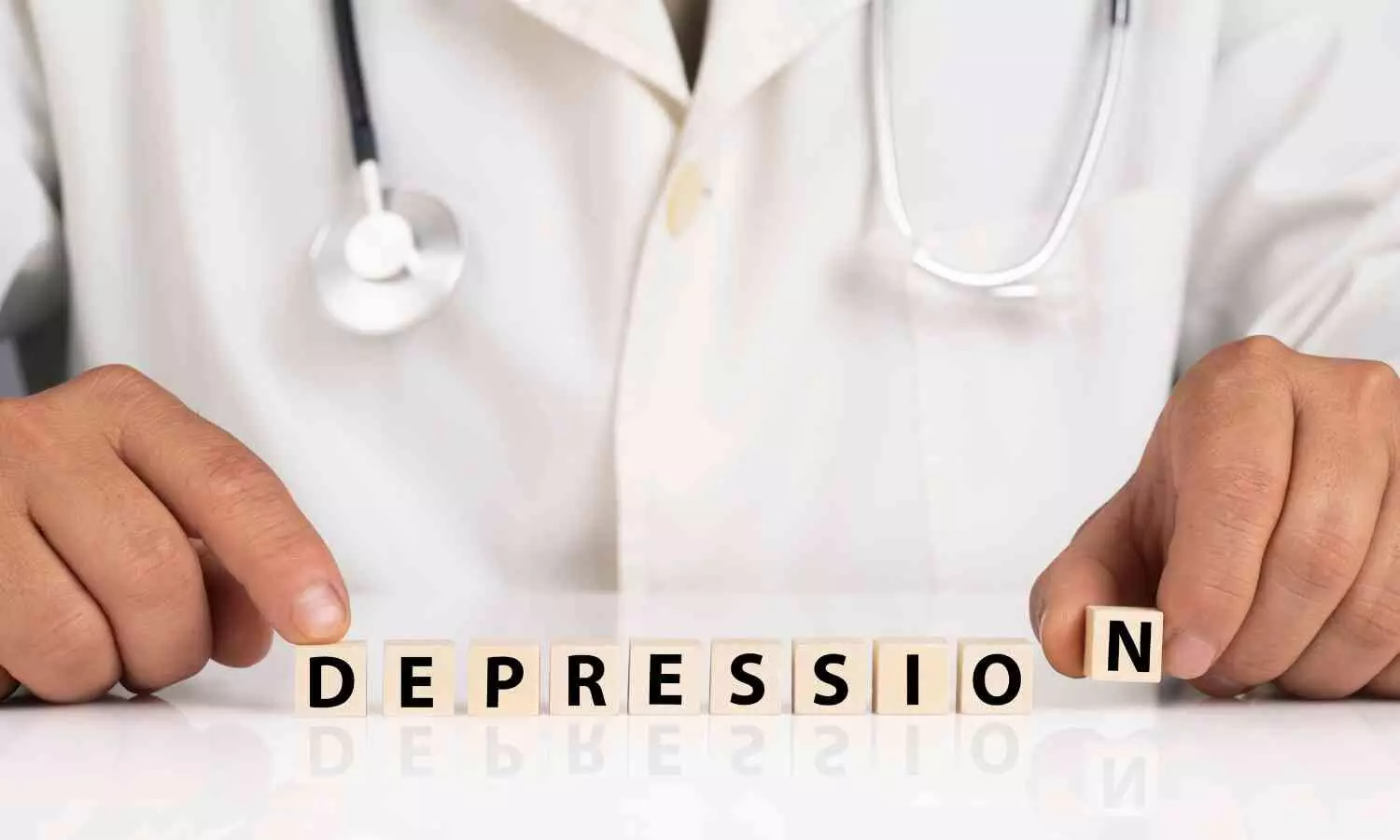By Dr. Kamal Kant Kohli
Copyright medicaldialogues

A new study shows an association between at least 10 weeks of following a well-formulated ketogenic diet and a roughly 70% decrease in depression symptoms among a small group of college students. Beyond the reduction in self-reported and clinician rated depression, the students’ global well-being increased nearly three-fold and their performance improved on several cognitive tasks. All but one participant also lost weight. The 16 students who completed the pilot trial were receiving medication, counseling, or both for major depressive disorder before beginning the keto diet. The findings suggest achieving nutritional ketosis through diet is a feasible adjunctive therapy for depression and pave the way for a larger clinical trial, researchers say. The pilot study did not have a non-keto control group for comparison. Previous research has suggested medications and counseling reduce depressive symptoms by about 50% in a similar time period. “So many people are suffering right now, so it’s rewarding to potentially bring forward a solution,” said Jeff Volek, PhD, lead author of the study and a professor of human sciences at The Ohio State University. “There is more science yet to do, but because there is evidence of a benefit, expanding accessibility to a well-formulated ketogenic diet as an augmentation to treatment for depression is something to think about.” The study is published in the journal Translational Psychiatry. Volek’s lab teamed with Ohio State mental health experts to design and complete the trial with young adults studying at the university. Stress, anxiety and depression are the No. 1 impediment to academic performance for U.S. college students, said co-author Ryan Patel, DO, a psychiatrist in Ohio State’s Office of Student Life Counseling and Consultation Service: About 40% of college students report depression symptoms, and about half of them are receiving treatment of some kind. “We have a treatment gap in that we have more students suffering from mental health concerns than can feasibly receive professional treatment,” Patel said. “There is a need for finding ways of helping students on a large scale. And nutrition is one way we can do that.” Twenty-four students were enrolled in the trial and 16 students – 10 women and six men with an average age of 24 – completed the entire study. Participants received extensive education on the keto diet, consisting of fewer than 50 grams of carbs per day combined with higher fat and moderate protein intake. The keto diet converts fat into ketones used by cells in the body and brain as an alternative to glucose, and is designed to put the body in a state of nutritional ketosis, when it has greater access to ketones as both fuel and a signaling molecule. “It was very important to make sure participants knew what they were getting themselves into,” said Drew Decker, MS, first author of the study and a graduate student in Volek’s lab. “And a big part of increasing chances for adherence to the diet was talking to each individual about what they like and don’t like to eat so we could tailor some suggestions for how they could structure their diet.” The team also provided 10 complete starter meals, offered consistent advice and snacks for the first half of the trial, and communicated throughout the study with participants through a private app. The students were advised to eat when they were hungry and finish eating when they were full, and not to worry about calories. At baseline and over the course of 10 to 12 weeks, the students reported depressive symptoms using the Patient Health Questionnaire-9 (PHQ-09), the standard instrument to measure the severity of depression in clinical settings, and completed the World Health Organization-Five Well-Being Index (WHO-5). They also took a series of cognitive tests assessing episodic and working memory, processing speed, executive function, and attention and inhibitory control. Co-author Jennifer Cheavens, PhD, professor of clinical psychology at Ohio State, oversaw clinical assessments of participants before and throughout the trial. “One of the things we really wanted to make sure of is that we were providing a treatment for people who met the diagnostic criteria for having major depressive disorder,” Cheavens said. “Each participant had about a 2 1/2-hour interview at the beginning, and then weekly assessments of their symptoms.” Students were also screened to ensure that they did not have any contraindications to a ketogenic diet, such as Body Mass Index under 20, eating disorders, pregnancy or high alcohol consumption. Results included: • Participants achieved ketosis, based on a measure of ketone values in their blood, 73% of the time – an indication of good adherence to the diet. • Self-reported depression scores decreased 37% by week two and reached 69% of improvement at week 10-12. The range of symptom severity varied, but nobody’s symptoms worsened. • Clinician-rated assessments of…



